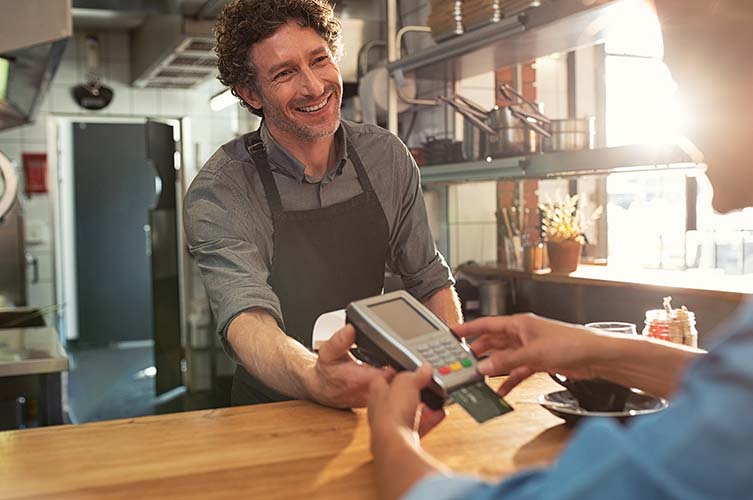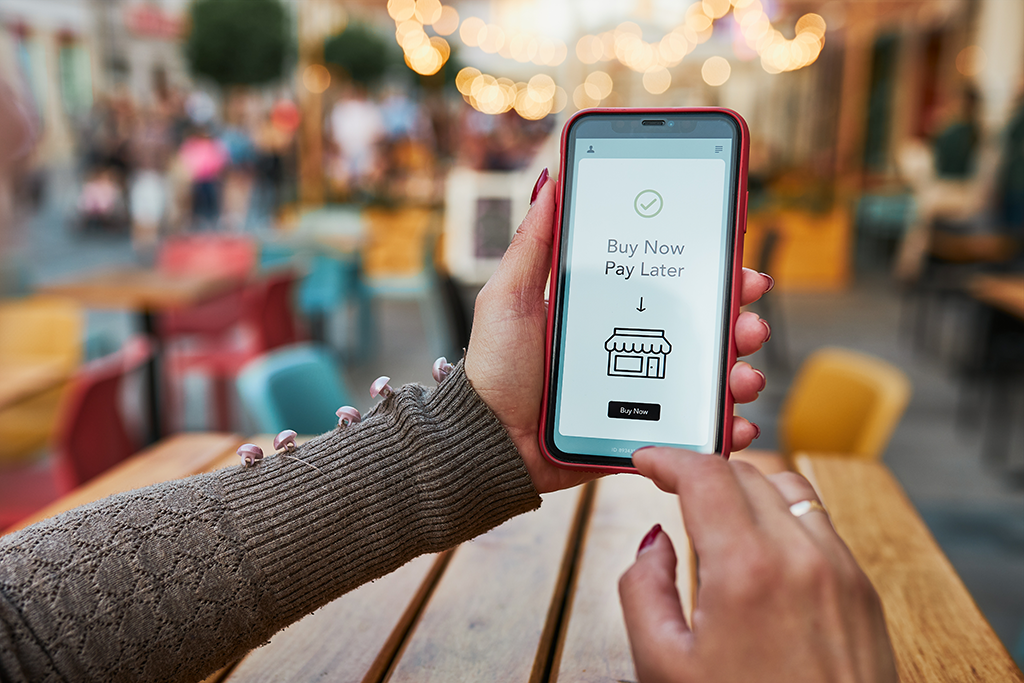As we have outlined in previous blogs, both address verification service (AVS) and address validation service are vital to any business that serves customers online, regardless of industry. Indeed, risky addresses cause havoc due to the high costs of fraud, order reprocessing, customer service hours, customer loyalty and more.
But first, while the terms sound similar, it’s important to note that address verification service and address validation are not the same. Nor are they interchangeable. It’s important we get these distinctions correct and that’s what we’ll tackle in today’s blog
Address validation service versus address verification service
An address validation service ensures an address is correct and, when necessary, corrects the address for deliverability (flagging if an address is residential or a business).
On the other hand, AVS checks the billing address and postal code entered by a customer against the one associated on file with the issuer of the credit card being authorized. For online businesses, address verification service tools are needed to proceed with a transaction. In this instance, the merchant requests for authorization of a transaction and, in turn, the credit card processor sends an AVS response code back to the merchant. This code indicates whether the billing address matches the customer’s address on file. It’s then up to the merchant to approve the transaction or decline it if suspicious.
Because this is the payments industry, we will be focussing on address verification going forward. However, know that both address validation and address verification are vital services. Indeed, address validation tools check for address inaccuracies or inconsistencies, such as when a customer moves home or business and doesn’t update their address, or when they input data wrong. Therefore, just relying on address verification means you cannot guarantee deliverability. Indeed, a misspelled street could leave a package lost!
Furthermore, using an AVS check against an unvalidated address can also lead to false negatives that decline legitimate sales, resulting in lost revenue and lost business. In an ideal world, businesses would validate an address before submitting to AVS. This simple extra step could prevent false negatives. Therefore, when it comes to implementing an AVS tool – one that includes address validation capabilities is also crucial.
Preventing credit card fraud with AVS

CNP fraud covers any fraudulent activity that results from a payment card transaction for which the cardholder never physically presented the card. CNP fraud rates are rapidly rising, making up 73% of card payment fraud loss this year (2023) alone in the US. That’s up from 57% in 2019. Meanwhile, the Nilsen Report indicates 70% of all card fraud across the APAC region was CNP fraud in 2021, while CNP fraud made up a whopping 85% of all card fraud in 2021 in the UK.
When a card-not-present merchant runs an AVS check to compare the billing address used in a transaction with the issuing bank’s address information on file for that cardholder, they are better able to verify that the cardholder and the customer are the same individuals.
Preventing chargebacks with AVS
 While preventing chargeback fraud is top-of-mind for any credit card processor, issuing bank or acquirer, it’s even more so for merchants. Indeed, given recent reports that merchants are expected to pay $100 billion in chargebacks this year alone and that they bear more than 75% of the financial impact, it’s fair to assume merchants are first in line when it comes to needing tools to conquer this fraud. Therefore, any payment service provider who keeps these statistics in mind and responds with an appropriate solution becomes the go-to PSP for today’s savvy merchant.
While preventing chargeback fraud is top-of-mind for any credit card processor, issuing bank or acquirer, it’s even more so for merchants. Indeed, given recent reports that merchants are expected to pay $100 billion in chargebacks this year alone and that they bear more than 75% of the financial impact, it’s fair to assume merchants are first in line when it comes to needing tools to conquer this fraud. Therefore, any payment service provider who keeps these statistics in mind and responds with an appropriate solution becomes the go-to PSP for today’s savvy merchant.
An AVS check is a good tool and typically one of the first layers of defense recommended in fighting chargebacks. For example, should an AVS check return a full AVS match, it can give a merchant a much stronger defense in a fraud-related chargeback dispute.
Common AVS check codes
When an AVS check is complete, a result is returned via a code number that indicates if the check successfully matched the address. Below are some of the more common AVS check codes.
Full match AVS codes
Depending on which card has been used, a full match of the cardholder’s name, street address and postcode is usually indicated by a single letter code such as X or Y. This code means the merchant should feel assured the transaction is legitimate.
Partial match AVS codes
As mentioned above, because AVS codes don’t validate addresses, there will be instances where a correct address isn’t recognized as it’s input incorrectly, or a digit in a postcode is wrong. When a partial match AVS code comes through, a merchant should use their discretion and judgment.
A partial match AVS code example used by Mastercard is the W code, which indicates that the postcode matches but the street address does not.
No match AVS codes
N is the code used by the major companies to indicate that there is no match between the street address and the postcode. A no-match AVS code should be delayed until verified by alternative means or canceled outright.
The importance of going beyond AVS checks and layering fraud prevention tools
As crucial as AVS checks are for merchants and issuing banks alike, especially for preventing CNP fraud and chargebacks, it is not a foolproof system. Indeed, there are very clear-cut occasions when they offer little to no protection at all, such as when:
- A payment card is used in a country that doesn’t recognize or support AVS
- A payment card is issued by a provider that doesn’t support AVS
- When a bad actor steals a legitimate cardholder address
Furthermore, as mentioned early, AVS checks do not validate addresses. Therefore, should a customer input the wrong details by mistake, or if they moved address and forgot to update with their financial institution, an AVS check can incorrectly flag a legitimate transaction as fraudulent.
Because of these obvious limitations, an AVS should be employed as part of a comprehensive, multi-layered approach to fraud prevention and identity verification. This is especially the case for the financial services industry. Indeed, in an ever-evolving digital economy, as digital challenger banks continue to crop up, banks, processors and issuers alike need to adopt more comprehensive online capabilities to better bridge the gap between their services and their customer’s needs.
Consider layering our global address verification services
Address Risk API is an address verification tool that not only validates an address down to its individual elements (like a street and house number) but also identifies the riskiness of any address anywhere on earth. Additionally, this tool will normalize an address, consistently formatting it to improve data quality and risk detection. This is particularly crucial because merchants and payment service providers all log addresses differently.
Wish to learn more about how verifying and validating an address is such a crucial piece to the fraud-fighting puzzle? Contact us in the form below today.



